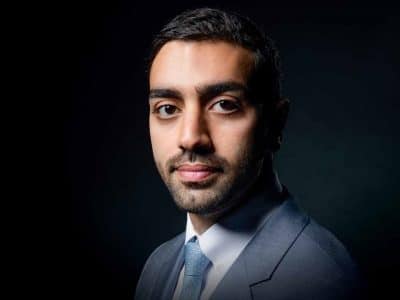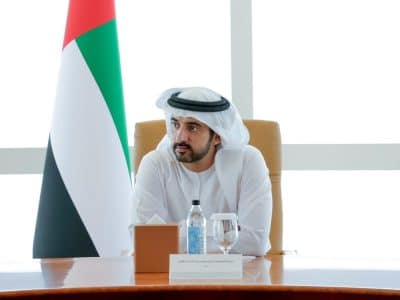Jordan has no plans to revalue its dinar currency or
sever the currency’s peg to the US dollar and will maintain a tight monetary
policy to preserve the attractiveness of dinar-denominated assets, the central
bank deputy governor said.
“I think that the peg to the dollar has served the
country well for many many years and we don’t see at this point that we need to
change the regime or change the level of the Jordanian currency vis-à-vis the
US dollar,” Maher Sheikh Hasan told a conference.
The dollar peg has provided stability in a period of
regional instability to an aid-dependent economy hurt by a drop in capital
inflows and remittances as the kingdom is still struggling to recover from the
global downturn of 2008-2009.
Jordan is expected to manage 2.8 percent growth this
year, a slight pick-up from last year’s 2.5 percent and almost half the levels
it attained during a boom period before the financial crisis.
“One thing one has to keep in mind in the Arab Spring,
we are facing a lot of nominal shocks where a fixed exchange regime plays a
positive role in absorbing such shocks,” Sheikh Hasan added.
Sheikh Hasan also said last February’s rise in
benchmark rates that went counter to a global rate trend was prompted by
potential inflationary risks and to encourage savings in dinar-denominated
assets at a time of regional political uncertainty.
“We recognised the level of concern… to maintain
such attractiveness [of dinar-denominated assets], and to compensate investors
for the relatively high risk premium it was appropriate to raise interest
rates,” he added.
Bankers said the tightening of monetary policy had now
the priority of encouraging dinar-denominated savings by widening the
differential between the dinar and the dollar to over 3 percent to stem capital
flight.
Some bankers have said recent months have seen modest
transfers to the dollar as a safe haven.
Sheikh Hasan said a freeze on gasoline
prices had helped to keep inflation under control. So far this year it has
averaged 3.6 percent, compared to 4.4 percent in the same period last year, the
central bank official said. However, it is forecast to rise to almost 6 percent
in 2012.
But inflation was expected to rise with plans to raise
electricity prices and rationalise a costly subsidy system that has added to
the kingdom’s fiscal pressures, Sheikh Hasan said.
Officials say reforming a universal system of fuel
subsidies was crucial to reduce the budget deficit to around 5 percent of GDP
this year from 6 percent in 2011. Economists say the deficit could reach as
high as 8 percent without aid from Western donors and Saudi Arabia.






